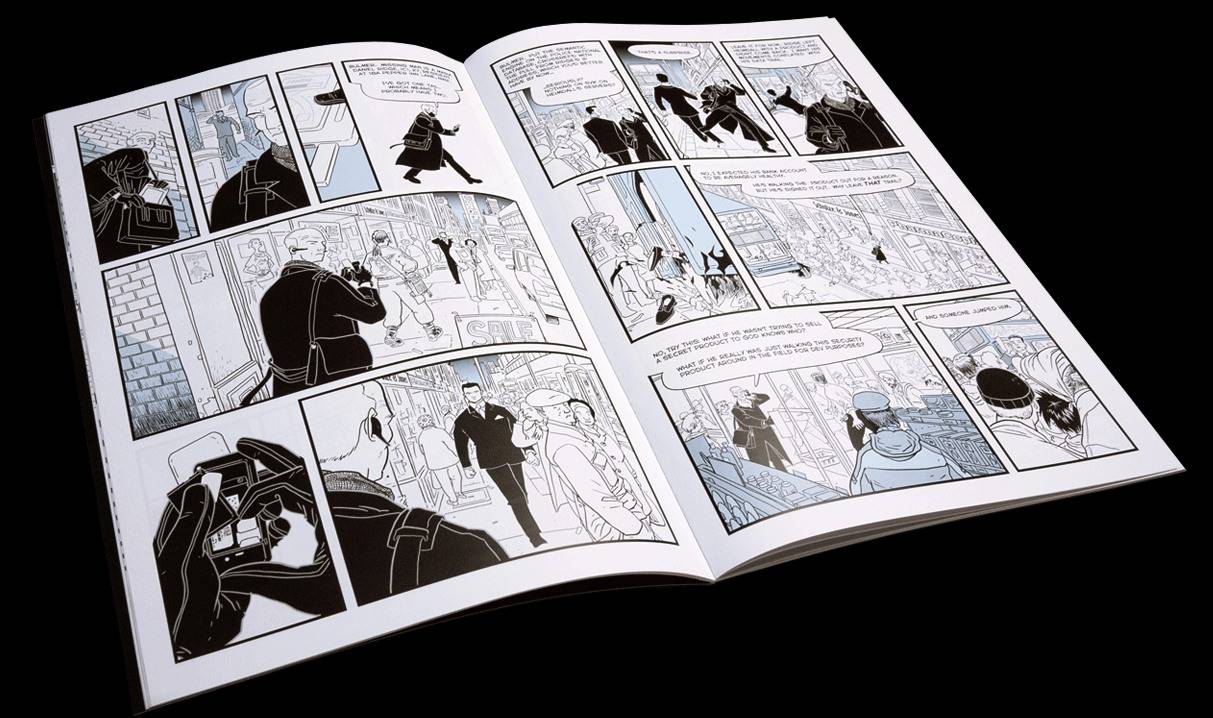Book Review: SVK
I've been real busy lately, so posts have been lacking and book reviews are backlogged a bit as well. I did, however, want to post about SVK, a really cool comic book release I got my hands on recently.


"A human being should be able to change a diaper, plan an invasion, butcher a hog, conn a ship, design a building, write a sonnet, balance accounts, build a wall, set a bone, comfort the dying, take orders, give orders, cooperate, act alone, solve equations, analyze a new problem, pitch manure, program a computer, cook a tasty meal, fight efficiently, die gallantly. Specialization is for insects." - Robert A. Heinlein
I've been real busy lately, so posts have been lacking and book reviews are backlogged a bit as well. I did, however, want to post about SVK, a really cool comic book release I got my hands on recently.


Posted
10:09 AM
2
comments
![]() Labels:
AugmentedReality,
BookReview,
Comic,
SVK,
WarrenEllis
Labels:
AugmentedReality,
BookReview,
Comic,
SVK,
WarrenEllis
Many people are familiar with Edward R Murrow, mainly in the context of his role in challenging McCarthyism, as portrayed in the film Good Night and Goodluck. Even prior to this film, many are familiar with his role in shaping journalism and in particular with his barn-burner speech that I referenced here.
Posted
10:19 PM
0
comments
![]() Labels:
BookReview,
EdwardRMurrow,
IanBogost,
Journalism,
Molleindustria,
News,
NewsGames
Labels:
BookReview,
EdwardRMurrow,
IanBogost,
Journalism,
Molleindustria,
News,
NewsGames
Posted
3:47 PM
2
comments
![]() Labels:
BookReview,
DoTheWork,
HughMcLeod,
SethGodin,
StevenPressfield
Labels:
BookReview,
DoTheWork,
HughMcLeod,
SethGodin,
StevenPressfield
Posted
10:10 AM
0
comments
![]() Labels:
Facebook,
Finance,
IPO,
SocialGames,
SocialNetwork,
Zynga
Labels:
Facebook,
Finance,
IPO,
SocialGames,
SocialNetwork,
Zynga